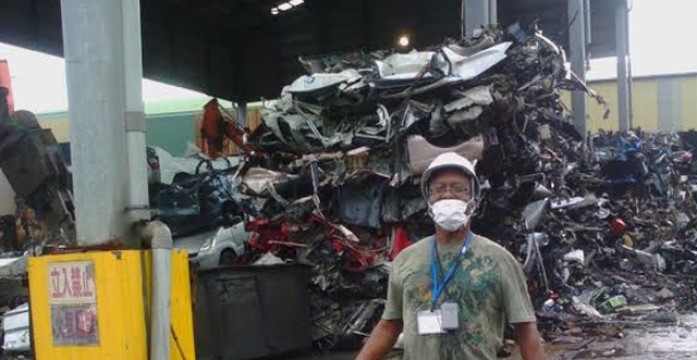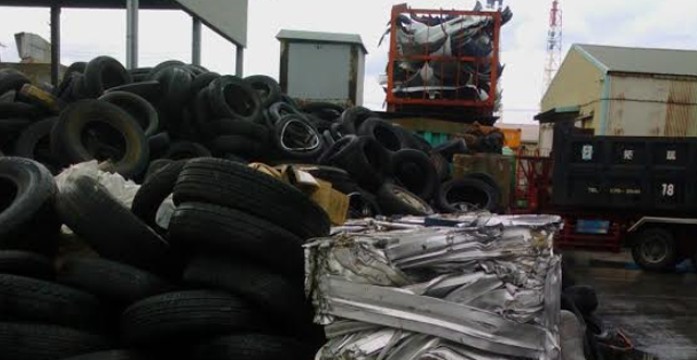It’s time for St. Kitts to begin looking at doing away with plastic bags and Styrofoam, and encourage the use of more environmentally friendly alternatives. That’s according to Valentine Heyliger, Operations Officer at the Solid Waste Management Corporation. Mr. Heyliger recently returned from a six week training course in Japan, where he focused his attention on waste separation and characterization as a method that can be applied in St. Kitts and Nevis. According to Mr. Heyliger, while recycling is a good method to help reduce the burden of garbage disposal at the landfill, banning the use of plastic bags and Styrofoam can greatly help the process. “One of the things that we could start on initially is to try and reduce the amount of plastics that are given out at our supermarkets. Those plastics are not biodegradable. They stay in the waste stream years upon years without rotting,” Heyliger said. He added that reusable shopping bags were used in St. Kitts in the 1960s and should be re-introduced.
Mr. Heyliger believes residents should begin to take recycling and waste separation seriously in a bid to mitigate the garbage disposal challenges at the landfill. He is of the view that waste separation should begin at the source of garbage disposal. “What we learnt in Japan as well, even though it seems like a perfect system in Japan to us, it took them a long time to get persons to change over, because they had to change the culture of the people over there,” Heyliger said.
However, despite the eye opening experience Mr. Heyliger had in Japan, he concedes that not everything done there is applicable to St. Kitts and Nevis as it relates to waste management and disposal. This is the reason he has advocated that plastic bags be replaced with reusable shopping bags as is done in Guyana.
On a lighter note, Mr. Heyliger said he enjoyed his time in Japan and that he learnt a lot, including how to speak a little Japanese. “I had to learn a little Japanese because after a while you go out and you hear the same thing over and over,” Mr. Heyliger said.
He admires the efficiency and frugality of the Japanese people and their approach to waste disposal. “The (authorities) did a waste characterization survey and it was done specifically to see if the people were complying not to put (plastic) bottles in the waste stream and not a single bottle was found,” he said. Mr. Heyliger was among several Caribbean representatives from various countries to attend the six week training which was funded by the Japan International Corporation Agency (JICA).


